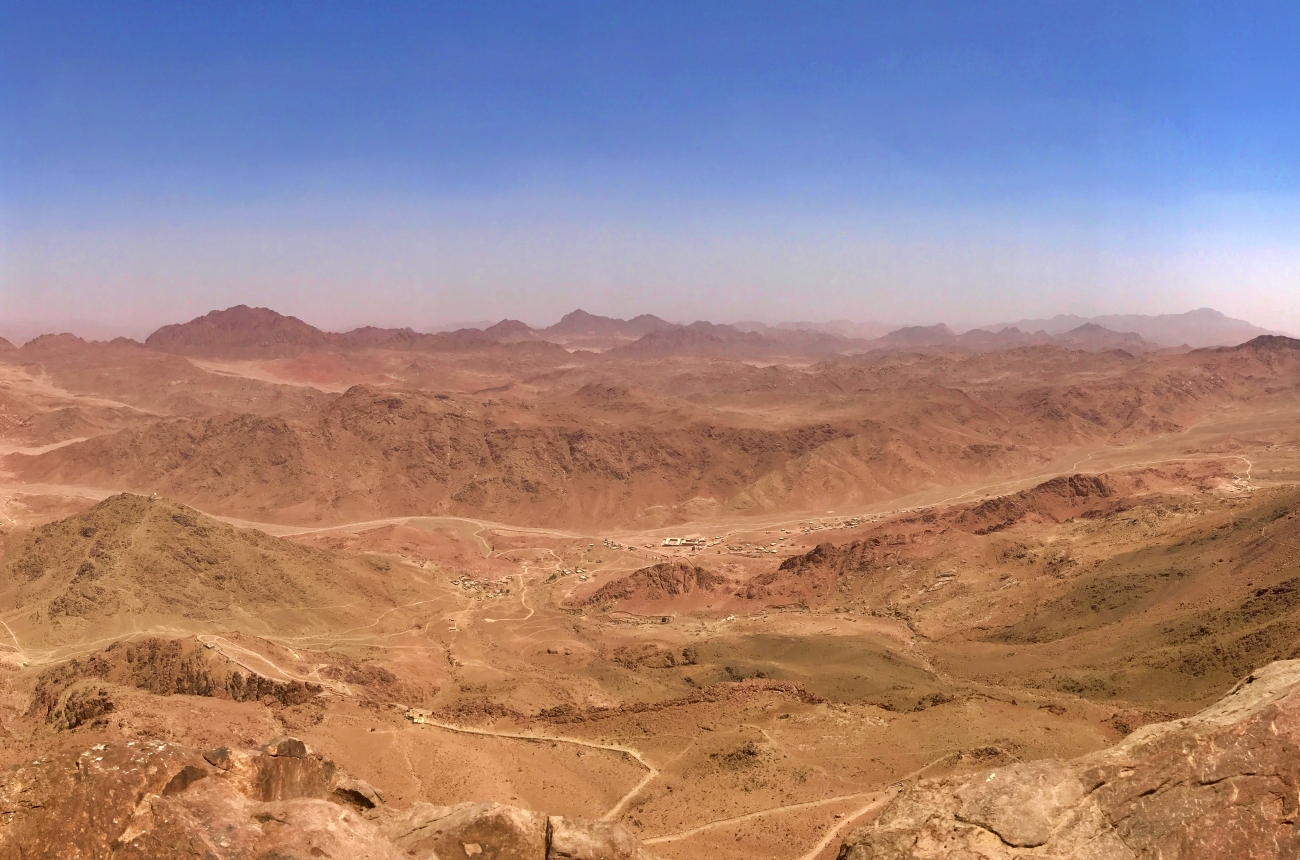One of my favourite saints is the ‘God-bearing and holy Father Maximos the hut-burner’. He was not, as you might think, a mystical arsonist as he only burned his own huts, which he also built, whenever he moved to another place. Like many contemplatives desiring stability in the still-point of God he moved around a fair bit. I suspect he did like fire, however, as it comes to his mind often as a metaphor describing his very deep and joyous prayer of the heart. He compares the human mind when it feels independent of God as like a piece of hard wax thinking that ‘everything is solidly in its power’. When wax meets fire it melts and lets go of its illusion of control: so the human, overwhelmed by the ‘fire of divinity’, is softened and made fluid when it is enflamed by the Holy Spirit.
John the Baptist in today’s gospel was a fiery character. When the hypocritical and mealy-mouthed came out to the desert to see him he said what he thought of them. He pointed to another aspect of fire that burns any tree that fails to produce good fruit. It is hard to accept that parts of us need to die. However, once fire has done its destructive work and still burns, we perceive it differently, baptising us ‘with the Holy Spirit and fire’. The Baptist preached a baptism of repentance with water. Christ uses stronger tools. Once initiated, we need to persevere in moral renewal and have courage for ethical action. But, after the huts we built have been burned, we can be melted down in the fire of love.
This week I was involved in a conversation about whether we should jump on an angry band-wagon offering the brief safety of political correctness or hold to what seemed to us the more just response. These moments of conscience might be easier for a Baptist who was as undependent on others’ approval as you could imagine or a Father Maximos who only had to burn his hut and move on. The choice is always between belonging to a community or a crowd. The solidarity we feel when we follow our conscience, thus overcoming the fear of rejection, is deeper and more sustaining than the false unity we feel in the energy of a mob.
The Baptist and Father Maximos looked to Jesus and his vulnerable community rather than to the crowd. They saw the fire of love that burns in the heart rather than the fire of hatred that can rage in our guts. The ‘continuous prayer’ that the desert Christians sought is the heart-fire of the Burning Bush. They taught ‘prayer with attention, that is without any thought’ through the faithful recitation of a single sacred word or phrase. This way – it has to be supported by a reduction of distraction and commitment to silence – leads by stages to being one with God.
They insisted that this was not only for desert monks. It is for anyone working in the world who would apply themselves to it, reducing the degree of distraction and learning to love silence as far as they could. They told the story of a high imperial official, called Constantine the Wonderful, who was a shining example of contemplative presence. Sometimes, though, he would forget what the Emperor had told him to do and he was criticised by others in the court for this. The Emperor defended him saying that it was true, sometimes Constantine’s prayer ‘does not allow him to attend to our words about vain and temporary affairs’ but it was because ‘all his attention is set on God.’ He kept his job. Maybe the hut-burner and the sometimes forgetful executive can be our teachers for the second week of Advent.





